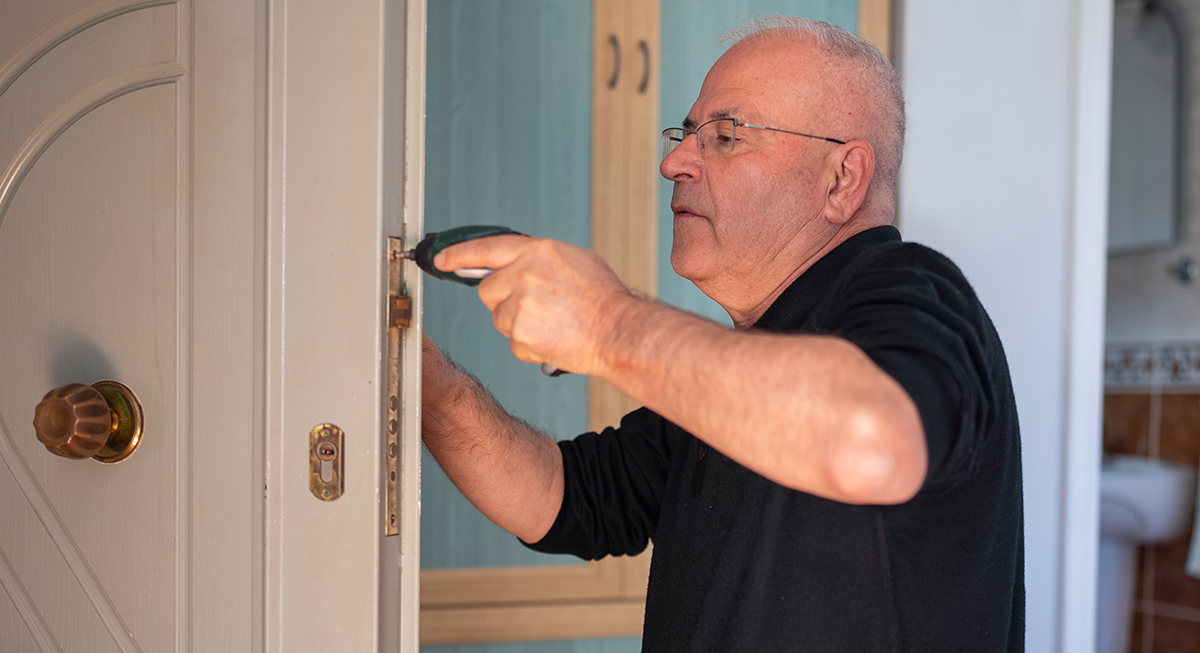The more I learn about personal finance and the more people that I talk to about money, the more I realize that I have grown up with a very atypical view of credit cards. I think that has helped me more than I ever knew.
I have always been aware that people regularly carry balances on their credit cards and use cards to spend beyond their means. But I was unaware how many people are completely comfortable with this situation, and not only do they not have a plan to pay off the cards, they don’t care that they don’t have a plan to pay off the cards.
Maybe this is not news to anyone but me. Obviously, the way people get into major credit card debt in the first place is by spending in this manner and just paying minimum balances every month and not paying attention to the total balance of the bill. But at some point, I thought it set in that “Hey, I should pay this off.” Maybe not for everyone, but I am surprised at the number of people who claim to be smart about their money and who read personal finance books and blogs but who absolutely don’t care about their credit card debt.
How can you not care about paying a crazy amount of interest every month??
Now, I’m not trying to say that people who choose to carry a balance on credit cards are making a bad decision. But I think it truly needs to be an informed decision. I understand the use of 0% interest cards, and I understand the use of cards with very low rates. I’m aware that a lot of people will put large purchases on a card with a plan of how to pay it off. These are all perfectly understandable decisions. And I understand that sometimes emergency situations mean that you spend more money than you can afford to spend and end up with a high balance on your credit card. While that may not be an informed decision, it might not be one you can avoid.
But shouldn’t there be plans to pay it off? Even if those plans cover five years, there still should be plans. I really struggle to wrap my mind around this concept.
I wonder if it all relates to the level of consumerism in the world today. We are constantly barraged with advertising telling us that we should have this or we need that. And the credit card companies tell us “Sure! Go ahead and buy it. We’ll cover you. Yes, over the long run, you will be paying significantly more than the purchase price for that item, but you shouldn’t care about that because you will have the item in your hands right away.”
I can’t say that I have a solution to this. I would have said that educating people about credit card debt was the solution, but people who do supposedly know about credit card debt still find themselves in these situations and remain quite content with their current level of debt and make no plan to rid themselves of it anytime soon.
Other thoughts?









